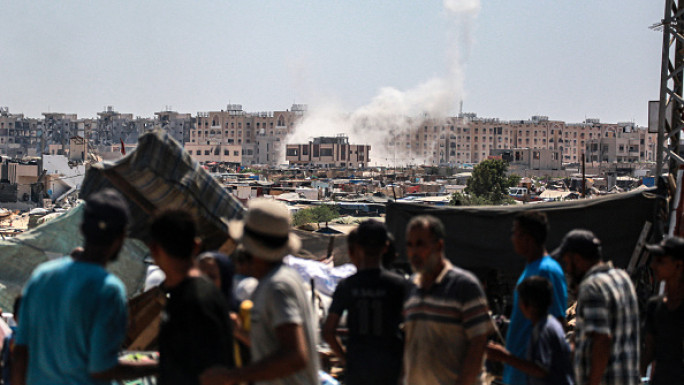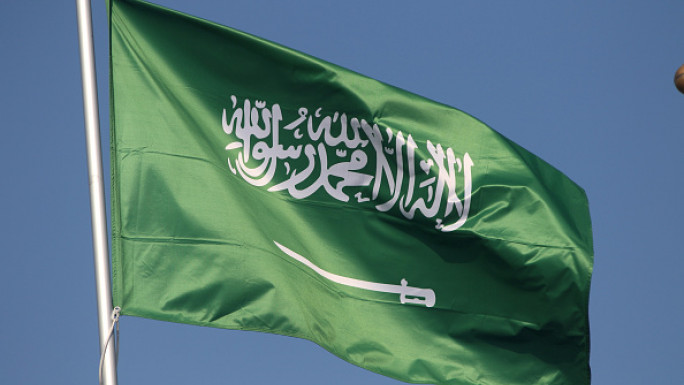Spanish PM calls Israeli strikes in Lebanon an 'invasion'
Spanish Prime Minister Pedro Sanchez described Israel's military offensives in Lebanon as an "invasion" on Wednesday, saying that the international community had to act.
"It is clear that there has been an invasion by a third country of a sovereign state such as Lebanon, and therefore the international community cannot remain indifferent," the Socialist premier told parliament.
"We denounced (this situation) in Ukraine, we also denounce it in Gaza and now we are also denouncing the invasion of Lebanon," he added.
The Israeli military is now focusing on its war on Lebanon while continuing its war on the Gaza Strip.
Israel launched ground incursions into southern Lebanon on 30 September, where some 10,000 peacekeepers were deployed under the command of a Spanish general.
It says the aim is to keep Hezbollah away from the border areas where the group is established and stop it from firing rockets towards northern Israel so that some 60,000 of its displaced inhabitants can return to the region.
According to official Lebanese figures, over 2,000 people have been killed in Lebanon since 8 October, including more than a thousand since the start of Israeli strikes in the south and east of its territory, as well as in the southern suburbs of Beirut, on 23 September.
Sanchez is one of the most outspoken critics among European Union leaders of Israel's war on Gaza.
He has angered Israel by saying he had "serious doubts that Israel is complying with international humanitarian law" in Gaza, and under his watch, Madrid in May recognised a Palestinian state.
Sanchez also expressed his regret at the "lack of agreement within the European Union" on the situation in the Middle East.
"I regret this because I believe that on these issues, we should be consistent not with our position, but consistent with the defence of international law and international humanitarian law," he said.



![Israeli forces ordered bombed Gaza's Jabalia, ordering residents to leave [Getty]](/sites/default/files/styles/image_684x385/public/2176418030.jpeg?h=a5f2f23a&itok=0fsbI6OX)
![Netanyahu rejects Lebanon ceasefire [Getty]](/sites/default/files/styles/image_684x385/public/2163507044.jpeg?h=a5f2f23a&itok=6lngC8Kw)
![Morocco said it was ready to repatriate irregular migrants in Europe [Getty]](/sites/default/files/styles/image_684x385/public/2161211488.jpeg?h=c6d3a00b&itok=_xSSEO6D)


